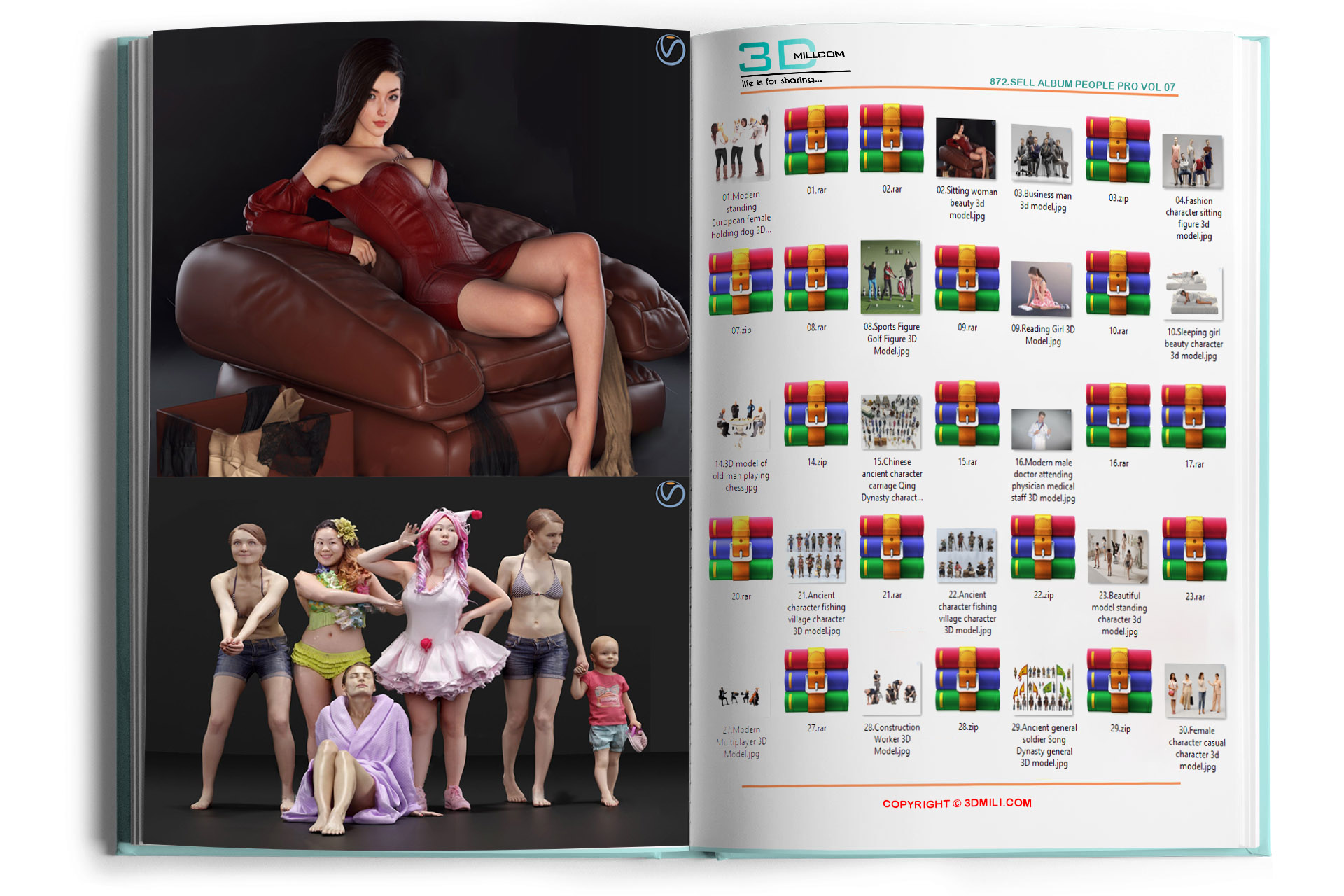## 752. Sell Album Mix Room Wabi-Sabi Style PRO Vol 2: A Deep Dive into Imperfect Aesthetics and Sonic Excellence
This design, 752. Sell Album Mix Room Wabi-Sabi Style PRO Vol 2, isn't just about creating a visually appealing space; it's a holistic approach to music production, merging the *aesthetic philosophy of Wabi-Sabi* with the practical demands of a professional *mixing and mastering environment*. This exploration delves into the design's core tenets, exploring its visual appeal, its functional efficacy, and how the two seamlessly integrate to foster a creative and productive workflow.
Part 1: Embracing the Imperfect: Wabi-Sabi's Influence on Design
The title itself highlights the core concept: *Wabi-Sabi*. This Japanese aesthetic emphasizes the beauty of *imperfection*, *impermanence*, and *incompleteness*. It celebrates the natural cycle of life and decay, finding beauty in the *authenticity* of materials and the *uniqueness* of each object. In the context of a music production space, this translates to a rejection of sterile, perfectly symmetrical designs in favor of a more *organic*, *layered*, and *textural* approach.
Instead of gleaming chrome and spotless surfaces, imagine a room where *natural materials* take center stage: *aged wood*, subtly *textured plaster*, and *raw stone*. These elements, often showing signs of wear and tear, contribute to a sense of *calm* and *groundedness*. The space isn't striving for pristine perfection; it celebrates the beauty of *time's passage* and the *unique history* of its components.
This *philosophical underpinning* is not just superficial; it directly impacts the creative process. The *inherent imperfections* of the Wabi-Sabi aesthetic can inspire a more *intuitive* and *less judgmental* approach to music production. The embracing of *imperfection* allows for a greater acceptance of mistakes, encouraging *experimentation* and *creative freedom*. The design actively encourages a *mindful* approach, focusing on the *process* rather than the *perfected product*.
Part 2: Functionality Meets Aesthetics: Designing the Ideal Mix Room
While the *aesthetic philosophy* of Wabi-Sabi provides the design's foundation, 752. Sell Album Mix Room Wabi-Sabi Style PRO Vol 2 doesn't compromise on *functionality*. This is a *professional* mixing environment, demanding specific acoustic treatments and ergonomic considerations.
The design likely incorporates carefully chosen *acoustic panels* to control *reverberation* and *standing waves*, ensuring a *flat frequency response*. These panels, however, aren't just functional; they are aesthetically integrated into the overall design. Perhaps they are subtly incorporated into the wall treatments, their *textures* and *colors* complementing the natural materials.
*Ergonomics* is another key element. The *mixing console* is strategically positioned for optimal comfort and workflow. The *monitor placement* is optimized for accurate listening, ensuring a *balanced sonic image*. The room's *lighting* is carefully considered, avoiding harsh glare while providing ample illumination for comfortable work.
The selection of *furniture* further reinforces the Wabi-Sabi aesthetic. Think *handcrafted wooden desks*, *vintage-inspired chairs*, and *subtle lighting fixtures* that add warmth and character. Every element, from the *choice of fabrics* to the *placement of plants*, is carefully considered to create a *harmonious and inspiring space*.
Part 3: Technological Integration and Workflow Optimization
752. Sell Album Mix Room Wabi-Sabi Style PRO Vol 2 isn’t just about the visual and acoustic elements; it’s about optimizing the *workflow*. The design likely incorporates *state-of-the-art technology* seamlessly integrated into the aesthetic.
This might include *high-end audio interfaces*, *professional studio monitors*, and *powerful computers* – all carefully hidden or integrated in a way that doesn't disrupt the *Wabi-Sabi aesthetic*. Perhaps the *cables* are neatly concealed, the *computers* housed in custom-built enclosures that match the room's *natural color palette*.
The design also considers the *flow of the work process*. Is there a dedicated *listening area*? Is there sufficient *storage* for instruments, equipment, and other materials? The layout is designed for *maximum efficiency*, minimizing distractions and maximizing creative flow. This focus on *practicality* underlines the design's commitment to providing both *aesthetic appeal* and *functional excellence*.
Part 4: The Psychology of the Space: Fostering Creativity and Focus
The *psychological impact* of the environment is arguably the most important aspect of 752. Sell Album Mix Room Wabi-Sabi Style PRO Vol 2. The *Wabi-Sabi aesthetic*, with its emphasis on *naturalness* and *tranquility*, is conducive to a calm and focused work environment.
The *absence of clutter* and the use of *soothing colors* promote *concentration*. The *natural materials* evoke a sense of *grounding* and *connection to nature*, helping to reduce stress and enhance creativity. The overall effect is a space that fosters a sense of *peace* and *well-being*, allowing the artist to fully immerse themselves in the creative process.
The design’s focus on *authenticity* also promotes a *sense of self-expression*. The space reflects the artist's personal style and preferences, fostering a *sense of ownership* and *pride*. This feeling of *comfort* and *belonging* is essential for sustained creativity and productivity.
Part 5: Conclusion: Beyond Aesthetics – A Holistic Approach to Music Production
752. Sell Album Mix Room Wabi-Sabi Style PRO Vol 2 represents a *holistic approach* to music production. It's not simply about the *sum of its parts*; it's about the *synergy* between aesthetics, functionality, and the psychological impact of the space. The *Wabi-Sabi philosophy* serves as a guiding principle, inspiring a design that is both *visually stunning* and *highly effective*.
This design demonstrates that a *professional music production environment* can be both *functionally superb* and *aesthetically inspiring*. It shows that embracing *imperfection* can lead to *greater creativity* and a *more fulfilling work experience*. The design goes beyond mere aesthetics; it's a *statement* about the importance of *mindfulness*, *authenticity*, and the *power of environment* to shape creative output. It's a testament to the idea that a truly *inspired workspace* can significantly enhance the *artistic process* and the final product. The *PRO Vol 2* designation suggests improvements and refinements on a previous version, further emphasizing the iterative nature of design and the continuous pursuit of perfection through a lens of imperfection.












































